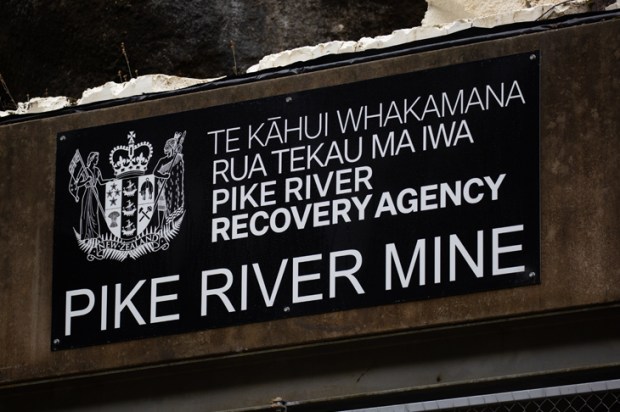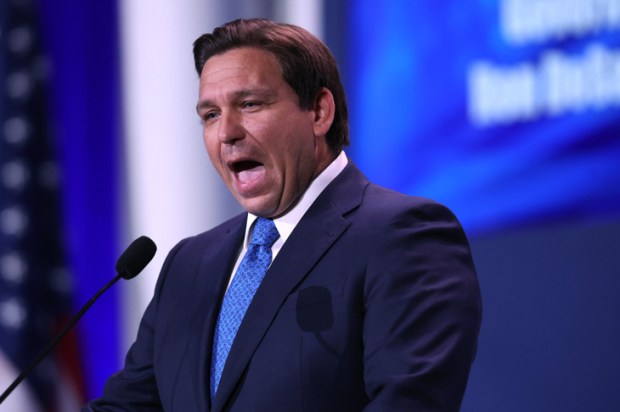The term fifth columnist may be thought more relevant to our past, as with those working within British intelligence in World War II, while betraying their country by handing over classified material to the Russians. However, as a definition of someone, or a group, working subversively to attack a country from within, questions can legitimately be raised as to whether this term may describe the activities of some of our own members of the New Zealand parliament now, or in the past, causing concern to New Zealanders.
No greater internal attack can be made upon a democracy than one mounted by those in a powerful position who seek to destroy its very principle – the political equality of all citizens; one person, one vote irrespective of ethnic background, gender, or personal standing. This has not been favoured by the recent Ardern-led Labour government with our hastily departed former prime minister reportedly regarding this as a simplistic definition.
With her capacity for interesting mental and verbal contortions, while warning in a previous Harvard speech about the threat to democracy and the dangers of polarisation, Jacinda Ardern has been foremost in working to undermine this important principle of equality under the law, encouraging polarisation, tribalism and dissent throughout a once more stable country by her government’s plans for ‘co-governance’. The infamous He Puapua document plans for today’s powerful and wealthy iwi (tribal corporations) to not only have equal authority to govern New Zealanders, but to even override the decisions of the majority, as with the separatist Maori Health Authority’s power of veto over the one representing the majority of the country.
However, most part-Maori (over two-thirds of whom indicate little interest in joining this anti-democratic attempt by activists to back the culture war now targeted against all non-Maori) prioritise the concerns of all other New Zealanders such as the rising costs of living, increasing mortgage rates and working to keep their businesses afloat.
Moreover, little amity may be shown by these radicalised activists when it comes to those in their district who do not share the same tribal roots. I recall, for example, a highly respected part-Maori whose work within a local school was much appreciated by parents – but who was targeted by a local iwi power group because he was not descended from them. With the considerable wealth these tribal corporations now hold, they now wield in many cases – including throughout the universities and private institutions – far more authority than they should be entitled to.
What about past examples of where the actions of powerful politicians have been questionable, to say the least? A notable example, with even accusations of treason being voiced, was the removal by former prime minister Helen Clark’s government of the combat wing of our air force, losing us fine pilots and lowering the morale of those left. Her justification that we lived ‘in an incredibly benign environment’ was sheer nonsense, given growing unrest throughout the Pacific islands. Some hopefully asked whether we could in future count on Australia defending us from attack. Clark’s largesse in showing around a series of visiting communist China’s military delegations to inspect our own inadequate facilities also raised eyebrows. So did a National party minister later suggesting New Zealand should join with Chinese forces in a security defence pact.
What of questions raised about another precipitately departing former prime minister John Key making sure that neither the media nor New Zealanders as a whole would learn beforehand of his sneaking the then minister of Maori Affairs to New York to sign the Declaration on the Rights of Indigenous Peoples? Key must have known that Maoris were not indigenous, but prior immigrants, and can name the canoes in which their ancestors came. The signing of this international treaty – about which New Zealanders were shockingly never consulted – conveniently enabled Arden’s government to wrongly claim today’s part-Maori activists are entitled to special rights granted to them – such as the right to co-govern New Zealanders.
What are we to make of the former minister for Treaty of Waitangi Negotiations Chris Finlayson, a List MP rejected by an electorate, never even voted into parliament, and, rightly or wrongly, viewed as over-partial to the interests of Maori litigants when it came to treaty settlements, even encouraging such groups to bypass the courts (where more thorough scrutiny might well have been applied) and to approach his office directly? Finlayson had represented the tribal Ngai Tahu when they achieved their multimillion-dollar taxpayer payout in the Nineties, although so much of what the tribe claimed was a tissue of lies which ill-equipped Crown lawyers later admitted they had no expertise to check, relying upon the tribe’s highly inventive claims.
It was Finlayson and Key who have allowed all the foreshore and seabed (including the mineral rights) of the entire New Zealand coastline to be claimed by various Maori groups, rather than continue to be owned by the Crown for the benefit of all New Zealanders.
Their facile assertion that few would be able to claim is ironic, given that every area of our country’s coastline is now claimed, in some cases by more than one tribal or family grouping. Taxpayers are required to pay for these claims against themselves. Finlayson, who also appointed himself a QC, is now backing co-governance, claiming New Zealanders ‘have nothing to fear’ – although this would advantage one ethnic group over all others, embedding racism into our constitutional arrangements.
What to make of Jacinda Ardern’s replacement, the boyish Chris Hipkins, hastily jettisoning so many of the unpopular policies Ardern was promoting, costing multi-million dollars in planning, while equivocating about others, including the co-governance proposal? For this term only? Cynical commentators have a good point –Ardern, Hipkins and deputy Labour leader Grant Robertson were a tight three of committed socialists from the very beginning. Backing Ardern to the hilt, Hipkins was complicit in all the racist moves by Ardern’s government, much favoured with major portfolios. As minister of education, his presiding over the utterly inadequate and unbalanced account of our co-history to inflict upon New Zealand children is inexcusable.
However, the leopard is now enthusiastically changing its spots, and given the depressingly lacklustre performance of National’s inadequate and over-confident leader, the outcome of the October election is far from certain. Meantime, our democracy is being white-anted.
Got something to add? Join the discussion and comment below.
You might disagree with half of it, but you’ll enjoy reading all of it. Try your first month for free, then just $2 a week for the remainder of your first year.













